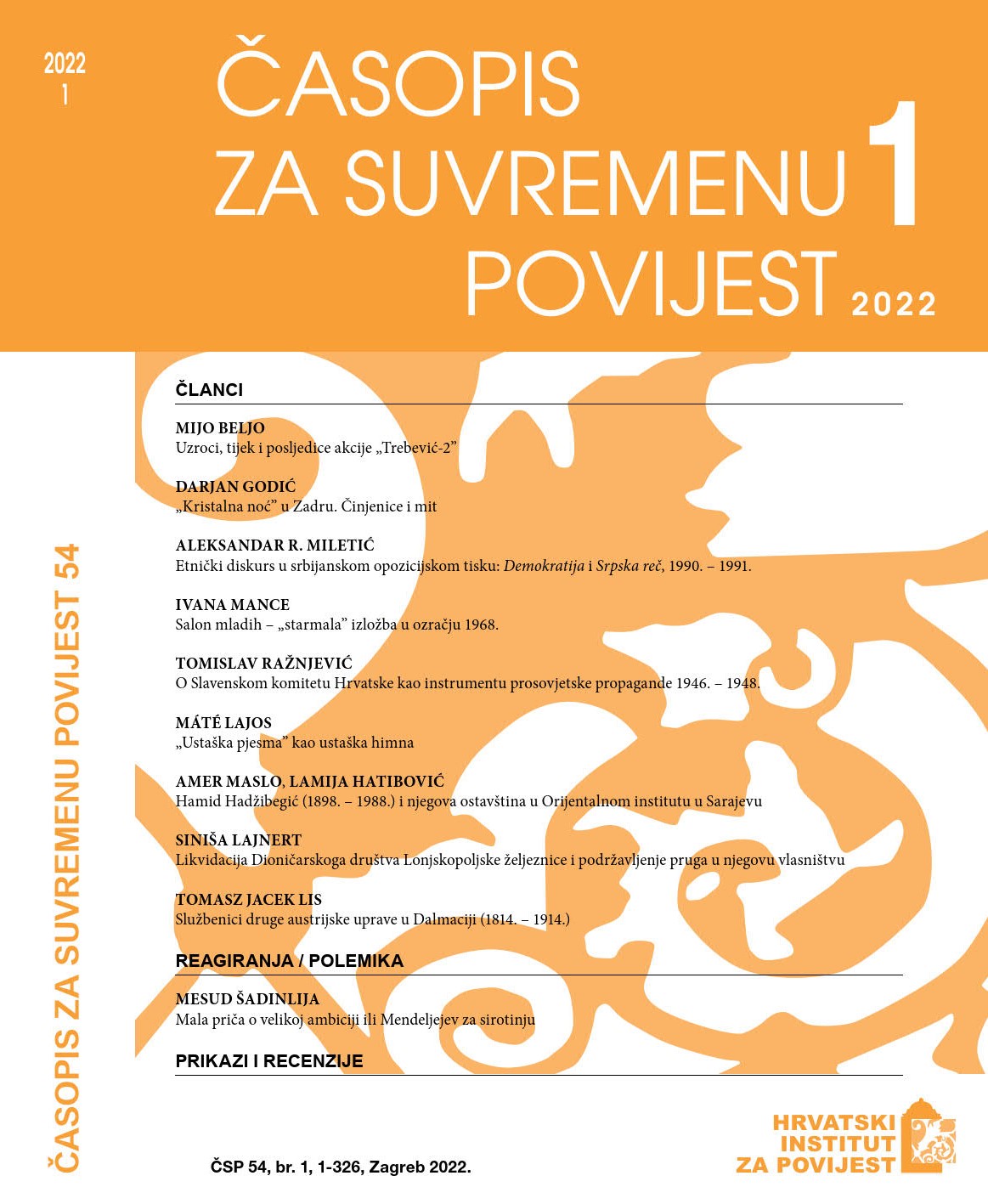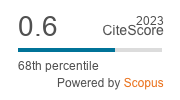On the Slavic Committee of Croatia as an Instrument of Pro-Soviet Propaganda from 1946 to 1948
DOI:
https://doi.org/10.22586/csp.v54i1.19437Keywords:
Croatia; Yugoslavia; communism; propaganda; Slavic Committee; Soviet UnionAbstract
Public advocacy of Slavic mutuality and solidarity was an essential component of Soviet ‘soft power’ in the 1940s war-torn Europe. Being conceptualised by Stalin’s government in order to strengthen influence over occupied Eastern Europe, it was driven by a propaganda abundant with national liberation, anti-fascism, social equality and democratisation traits, while warily covering up its communist agenda under a non-revolutionary facade. In postwar Croatia, Slavic consonance was particularly propagandised by the Slavic Committee of Croatia (dependent on the Slavic Committee of Yugoslavia), a para-political learned society whose mission was heavily influenced by both the ongoing Communist revolutionary ideologisation and the escalating Cold War polarisation. Lackeyed by the Yugoslav Communist Party, the Committee commended propaganda efforts that had already been carried out to perpetrate the aestheticisation and glorification of the Soviet Union, through painting its adversaries as enemies of peace and democracy, imperialist war-mongers, servants of capitalists, etc. The Committee was eager to conduct a ruthless defamation of Western democracy and pluralism, in order to heap praise on the Soviets. Considering the fact that the Committee was established in 1946 as an instrument intended to spread the political influence of the USSR, its existence closely followed the dynamics of Soviet-Yugoslav relations, so it disappeared shortly after the Tito-Stalin split in 1948.
Downloads
Published
How to Cite
Issue
Section
License
Copyright (c) 2022 authors and journal

This work is licensed under a Creative Commons Attribution-NonCommercial 4.0 International License.
Copyright holders are the publisher Croatian Institute of History and the authors. Journal of Contemporary History is an Open Access journal. Users are allowed to read, download, copy, redistribute, print, search and link to material, and alter, transform, or build upon the material, or use them for any other lawful purpose as long as they attribute the source in an appropriate manner according to the Creative Commons licence CC BY-NC. The papers published in Journal of Contemporary History can be deposited and self-archived in the institutional and thematic repositories providing the link to the journal's web pages and HRČAK. Journal does not charge article processing charges (APC). The editors assume no responsibility for statements of fact or opinion made by contributors.




